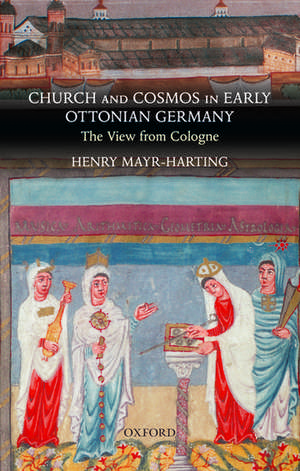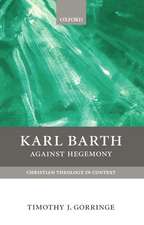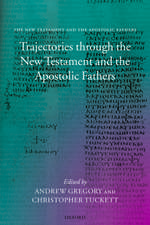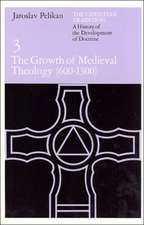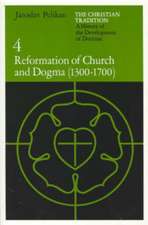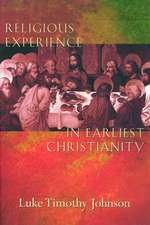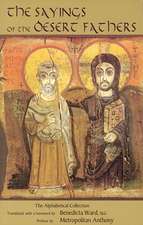Church and Cosmos in Early Ottonian Germany: The View from Cologne
Autor Henry Mayr-Hartingen Limba Engleză Hardback – 3 oct 2007
Preț: 934.95 lei
Preț vechi: 1420.51 lei
-34% Nou
Puncte Express: 1402
Preț estimativ în valută:
178.94€ • 186.09$ • 149.74£
178.94€ • 186.09$ • 149.74£
Carte tipărită la comandă
Livrare economică 04-10 martie
Preluare comenzi: 021 569.72.76
Specificații
ISBN-13: 9780199210718
ISBN-10: 0199210713
Pagini: 344
Ilustrații: 8 haltones & 1 map
Dimensiuni: 145 x 223 x 24 mm
Greutate: 0.54 kg
Editura: OUP OXFORD
Colecția OUP Oxford
Locul publicării:Oxford, United Kingdom
ISBN-10: 0199210713
Pagini: 344
Ilustrații: 8 haltones & 1 map
Dimensiuni: 145 x 223 x 24 mm
Greutate: 0.54 kg
Editura: OUP OXFORD
Colecția OUP Oxford
Locul publicării:Oxford, United Kingdom
Recenzii
[Mayr-Harting's] elucidations of the texts of Gregory, Boethius, Prudentius, and Capella areinvaluable.
Fascinating...offers extraordinary insights into the intellectual culture of the Ottonian period.
[Mayr-Harting] exploits under-utilised sources, suggests an alternative methodology, and proposes a new agenda for a familiar topic of research.
Harting's perceptive insights, drawing on an impressive range of evidence, present a compelling picture of how regional interests reflect wider issues and how some central texts of the early Middle Ages were read in the tenth-century Cologne and helped to articulate an Ottonian ruler ethic.
Fascinating...offers extraordinary insights into the intellectual culture of the Ottonian period.
[Mayr-Harting] exploits under-utilised sources, suggests an alternative methodology, and proposes a new agenda for a familiar topic of research.
Harting's perceptive insights, drawing on an impressive range of evidence, present a compelling picture of how regional interests reflect wider issues and how some central texts of the early Middle Ages were read in the tenth-century Cologne and helped to articulate an Ottonian ruler ethic.
